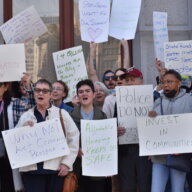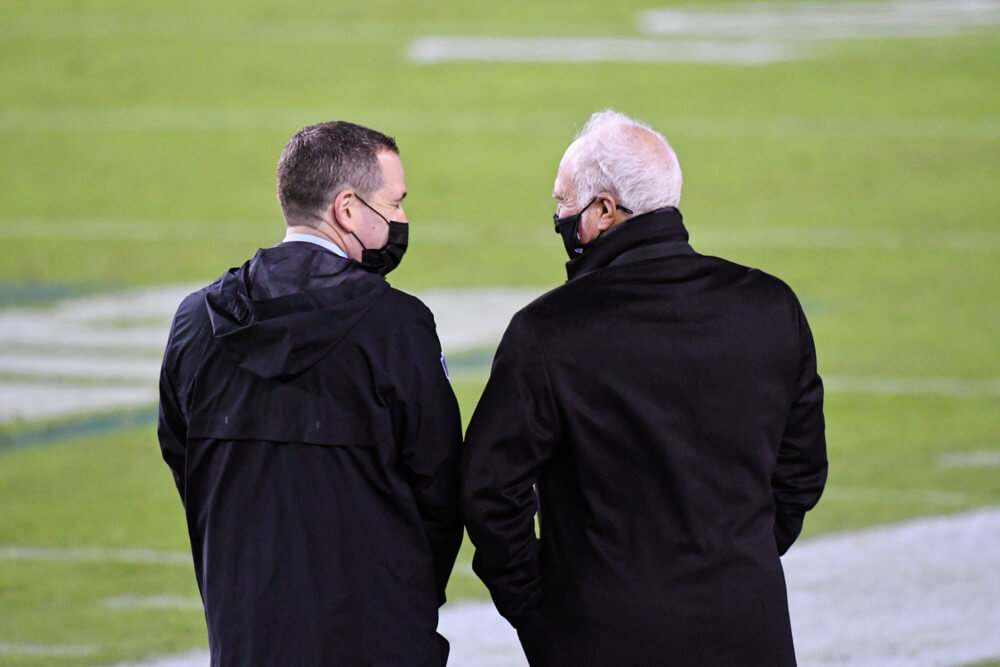Philadelphia DA Larry Krasner announced on Wednesday that his office will move to curb what he called the “medieval tool” of cash bail for low-level offenses.
“We believe we have a small, first step toward a better way,” Krasner said at a press conference Wednesday. “It will begin to level the economic and racial playing field that exists in our courts.”
The office will now adopt a policy of not seeking cash bail for a specific list of offenses designated as “low-level,” which include charges like prostitution, DUI, retail theft, resisting arrest and possession of drugs with intent to deliver (within specific quantity limits).
Prosecutors will still ask for cash bail in certain exceptions: such as if the defendant has open violent felony or gun cases, two or more bench warrants in the last five years, or if there is evidence they possess fentanyl.
Krasner said the policy would apply to an estimated 1,280 inmates currently at Philly’s four city jails (total population around 6,400), whose attorneys can now request bail reductions, and to some 50 percent of the 38-40,000 cases prosecuted in Philly each year.
“We all believe we could actually close one of the facilities on State Road,” Krasner said. “Given the expense associated with having four facilities that cost us about $360 million [a year], that is a significant opportunity to shift resources in the direction of things that actually prevent crime, like education, like drug treatment.”
Whatever prosecutors ask for in arraignments court, ultimately judges have the authority to agree or set bail. “The Courts are reviewing the DA’s proposals and will not be commenting at this time,” First Judicial District spokesman Martin O’Rourke said via email. Krasner said this policy was developed in consultation with judges who work on arraignments, and he believes over time judges will see positive outcomes and support the policy.
“Judges will start to see a reduction in bench warrants,” said Keir Bradford-Grey, chief defender of the Defenders’ Association of Philadelphia. “In our pilot program, people have shown up to court more, also they have avoided re-arrest.”
While Krasner acknowledged not using cash bail to hold certain defendants in custody may seem “radical,” cash bail ended in Washington, DC 30 years, ago and New Jersey recently dropped the practice, which is widely seen as a driver of mass incarceration.
“There is absolutely no reason why someone who will show up for court, is not a flight risk, and is no threat to their neighbors and community, needs to sit in jail for days because they can’t post a small amount of bail,” Krasner said. “It’s simply not fair.”




























